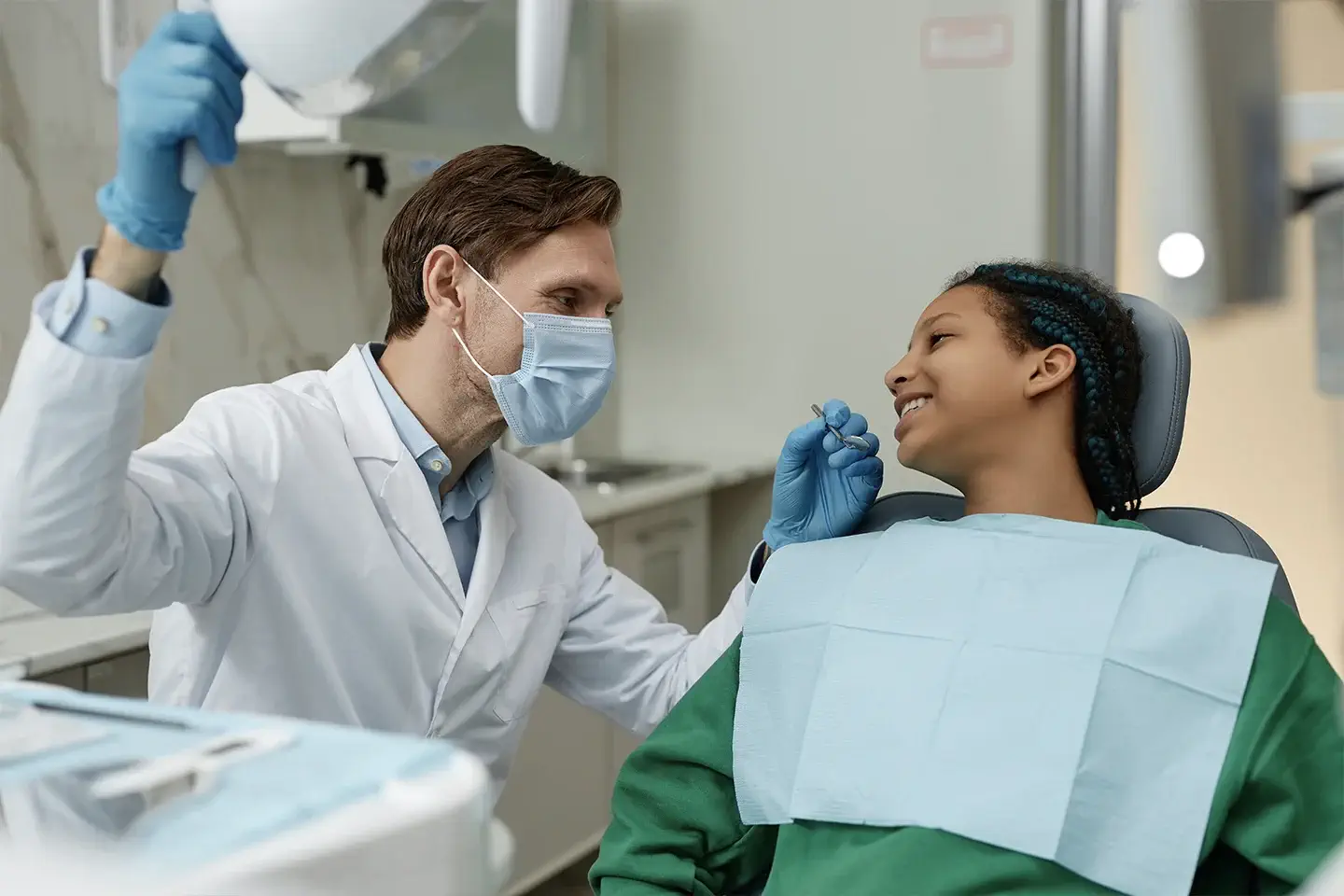As parents of teenagers, it’s important to stay informed about their dental health, and one common topic of concern is wisdom tooth removal. Wisdom teeth, or third molars, are the last set of teeth to emerge in the mouth. While these teeth can sometimes grow in without any complications, many people require their wisdom teeth to be removed before they cause problems.
In this article, we will delve into why this dental procedure is often necessary, and what to expect throughout the entire process.
Understanding Wisdom Teeth
Wisdom teeth typically emerge between the ages of 17 and 25, although they can sometimes appear earlier or later. Our ancestors needed these extra molars to help grind up the coarse, fibrous foods in their primitive diets. However, modern-day diets and dental hygiene habits mean fewer people need these additional teeth. In fact, many people’s jaws don’t have enough space to accommodate them, resulting in crowding or impacted teeth.
Why Wisdom Teeth Need to be Removed
A wisdom tooth extraction may be necessary if:
- There’s not enough space for the tooth to grow in properly, leading to crowding or impaction.
- The tooth is partially emerged, increasing the risk of infection due to trapped food and bacteria.
- The tooth is growing at an angle, pressing on surrounding teeth or nerves.
- The tooth is causing pain, swelling, or other discomfort.
The Initial Dental Consultation
During the initial dental consultation, your teen’s dentist will assess the position and condition of their wisdom teeth using x-rays. The dentist will evaluate the tooth’s eruption pattern, proximity to nerves, and risk for complications. They’ll then determine if wisdom tooth removal is necessary, and when to schedule the procedure.
The Wisdom Tooth Extraction Procedure
On the day of the procedure, your teenager will be given local anesthesia, sedation or general anesthesia, depending on their anxiety level and the complexity of the extraction. The oral surgeon will then make an incision in the gum tissue, remove any bone covering the tooth, and carefully extract it. Depending on the tooth’s size and position, it may be removed in one piece or in sections.
Once the tooth is removed, the oral surgeon will clean the area thoroughly, stitch up the incision if necessary, and place gauze over the site to control bleeding.
Common Side Effects and Discomforts
After the procedure, your teen may experience some common side effects and discomforts, including:
- Pain: The level of pain can vary but should not exceed the prescribed pain medication’s effectiveness.
- Swelling: Some swelling is normal and generally peaks within the first 48 hours before subsiding.
- Bleeding: Minimal bleeding or oozing can last for a day or two.
- Bruising: Light bruising and skin discoloration might appear and usually resolves within a week.
Recovery and Pain Management
To help your teenager recover as quickly and comfortably as possible, follow these tips:
- Take prescribed pain medication as directed. Begin taking the medication before the anesthesia wears off to keep your teen comfortable.
- Apply an ice pack to the cheek, alternating 20 minutes on and 20 minutes off, for the first 24 hours.
- Encourage them to rest and refrain from physical activity, especially during the first day or two of recovery. They should avoid heavy lifting or vigorous exercise for at least a week.
- Feed them soft foods for the first few days.
- Gently rinse with warm salt water a few times a day to reduce swelling and discomfort.
- Keep their head elevated while resting.
- Follow up with the dentist as recommended to check for complication, such as dry socket or infection.
- Bone spicules (small bits of bone) can sometimes remain in the socket after a wisdom tooth is removed. If these are bothering your teen, make sure to let the dentist know, so they can be removed.
Things To Watch Out For After Wisdom Tooth Removal
If your teen experiences any of the following after wisdom tooth removal, contact their dentist right away:
- Increasing or severe pain.
- Nerve damage symptoms, such as numbness in the face or tongue.
- Persistent bleeding.
- A bad taste in the mouth.
- Fever over 100.4°F (38°C) accompanied by chills and body aches.
- Dry socket, a condition in which the blood clot in the tooth socket is dislodged, leaving the bone exposed. Symptoms of dry socket include severe pain and a bad taste in the mouth.
Wisdom Teeth Removal in Denver
If your teen needs their wisdom tooth removed, trust the experts at Youth Dental and Vision. Our experienced team will provide comprehensive assessment and treatment tailored to their individual needs. With a focus on patient comfort and safety, we strive to make the entire process as smooth and stress-free as possible.
To book an appointment at one of our four locations, call (303) 953-8801 or complete the online booking form. If you are searching for wisdom teeth removal in Denver, trust the experts at Youth Dental and Vision.
Frequently Asked Questions About Wisdom Tooth Removal
Does Wisdom Tooth Removal Hurt?
The majority of patients do not experience any pain during the procedure due to the use of local anesthesia and sedation. After the extraction, however, some degree of discomfort is normal. Your dentist can prescribe medication to help your teen manage any post-procedure pain they may have.
How Long Does the Wisdom Tooth Removal Procedure Take?
The length of the procedure varies depending on the position and complexity of each tooth. Generally speaking, most extractions can be completed within 30 to 45 minutes.


